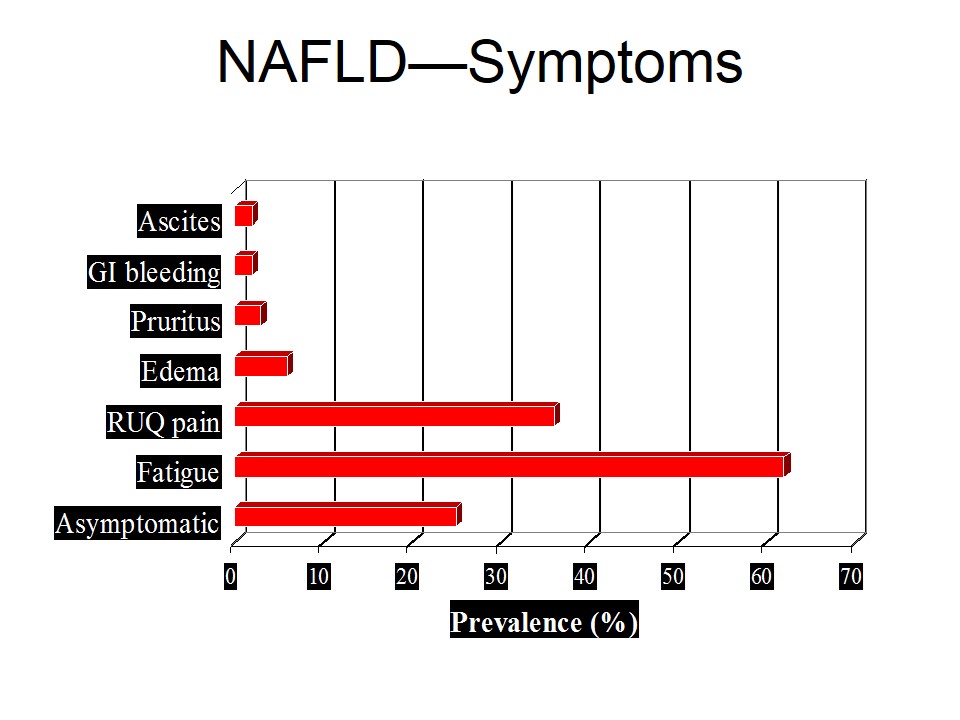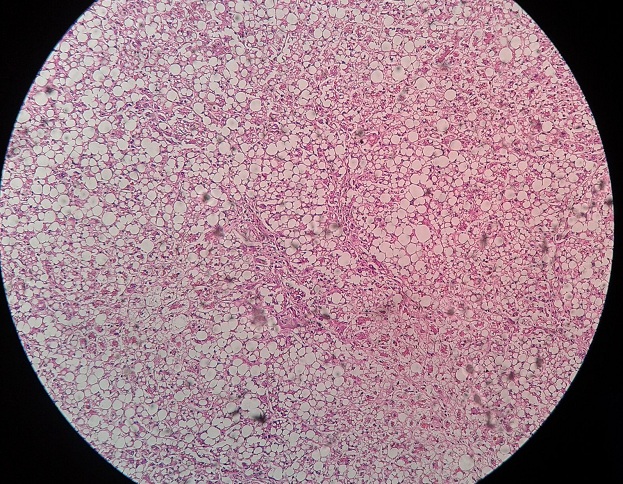Laboratory investigations (Other than cardiac markers)
- Plasma glucose- fasting and after break fast (ABF)
- HBA1c (glycosylated haemoglobin)
- Microalbuminaemia (spot urine and 24 hour urinre for microalbumin)
- Plasma lipid profile
- Serum urea, creatinine, electrolytes (Na, K)
Potential Biomarkers
1. Plasma C – reactive protein (CRP)
CRP is considered to be a marker of the atherosclerotic process, as both chronic and acute atherosclerotic processes involve an inflammatory component.
2. Plasma Choline
Choline is released after stimulation by phospholipase D during ischemia and has been used as a test of prognosis in ACS patients.
3. Plasma sCD40 Ligand
This marker is a transmembrane protein related to tissue necrosis factor (TNF) alpha and its levels are elevated after acute ACS presentations.
4. Ischemia Modified Albumin
5. Myeloperoxidase
It has been shown to be elevated chronically when chronic CAD is present.
6. Oxidized LDL (Low density lipoprotein)
Oxidized low-density lipoprotein (LDL) has been attributed a key role in the development of atherosclerosis.
7. Lipoprotein-Associated Phospholipase A2 (LpPLA2)
Lp PLA2 is a phospholipase associated with LDL and is thought to be an inflammatory marker.
8. Pregnancy-Associated Plasma Protein A
Pregnancy associated plasma protein A (PAPP-A) is a metalloproteinase that is thought to be expressed in plaques that are prone to rupture.
9. Placental Growth Factor (PGF)
Placental growth factor is thought to provide additional prognostic information for patients who have ACS.
10. Plasma Homocystine
 howMed Know Yourself
howMed Know Yourself




